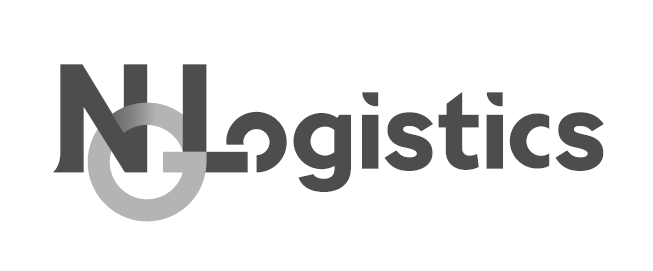News
TALLINNA KAUBAMAJA GROUP UNAUDITED CONSOLIDATED INTERIM ACCOUNTS FOR SECOND QUARTER AND 6 MONTHS OF 2016
TALLINN, 14.07.2016, www.nasdaqbaltic.com - The unaudited consolidated sales revenue of the 2nd quarter of 2016 of Tallinna Kaubamaja Group was 150.5 million euros, which exceeded the year-on-year sales revenue by 8.0%.
The sales revenue of the first half year of 2016 increased by 9.4% to 287.4 million euros compared to the first half year of 2015, when the sales revenue was 262.8 million euros. The unaudited consolidated net profit of the 2nd quarter of 2016 of the Group was 8.6 million euros, which exceeded the year-on-year profit by 45.3%. The net profit of the first six months of 2016 of the Group was 8.4 million euros. Compared to the same period in the previous year, the profit has increased by 76.4%. The pre-tax profit was 13.6 million euros in the first half-year, which is a 57.7% increase in a year-on-year comparison. The net profit was affected by a dividend payment, on which 5.2 million euros of income tax was paid in the 1st quarter of 2016. In the previous year, 3.9 million euros of income tax was paid.
In the 2nd quarter, the 8% increase in the sales revenue of the Group exceeded the overall trend in Estonian retail sales statistics. All in all, the sales revenue and the financial results of all segments of the Group improved in the quarter. The largest growth was achieved by the segment of car trade where new models by KIA received a warm welcome and several fleet sale deals were won. The largest retail sales segments of the Group, i.e. Selvers and department stores, showed a stable increase in sales and an improvement in profits. The footwear trade segment, which operates in a demanding market situation, continued to implement the chosen strategy. The sales revenue of the footwear segment grew and the loss decreased. The continued optimisation of trade processes and thought-out marketing activities have helped increase the gross profitability. The addition of new stores has increased the number of employees. The wage costs of the new employees as well as increases in the wage level to further increase the Group’s position on the labour market have raised the overall cost of wages. This has helped to maintain professionalism and trained personnel, which is essential to ensure a good level of service, thereby allowing the Group to better service its customers. At the same time, the earnings before interest, taxes, depreciation, and amortisation (EBITDA) per employee and every labour input euro have grown, giving proof of the efficiency of the Group’s labour force and an increase in the sustainability of earning profits. Read more









